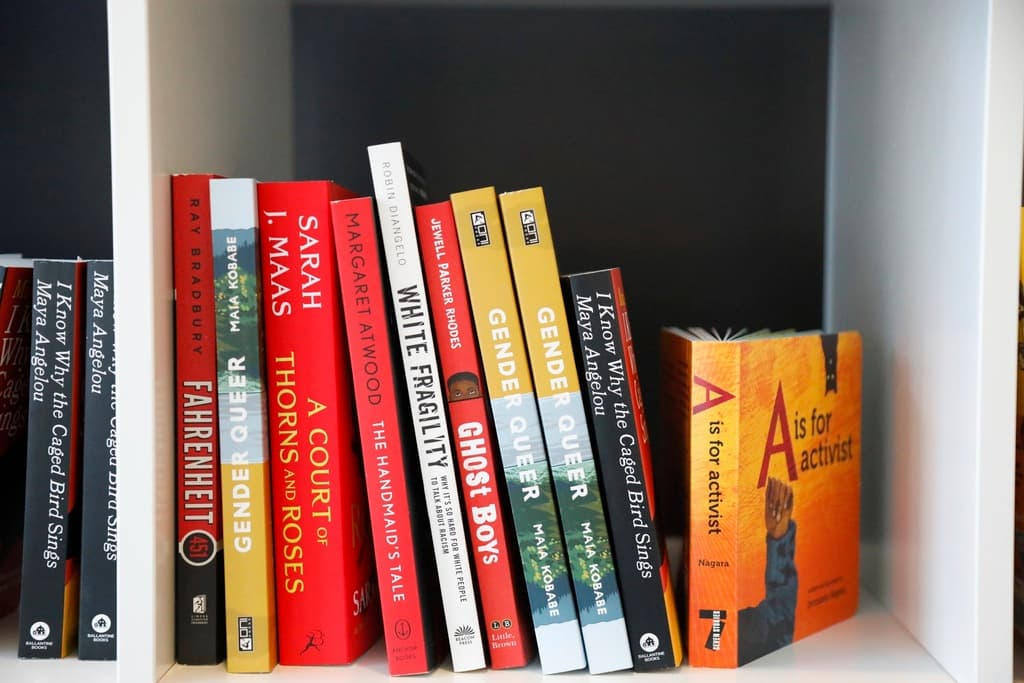Florida Book-Removal Effort Runs Up Against Warning From Samuel Alito
At Escambia County, Florida, Attorney General Ashley Moody is arguing that school libraries should ‘convey the government’s message.’

In a filing in a case concerning Florida’s removal of books it considers inappropriate from schools, the attorney general of Florida, Ashley Moody, lays out a rationale for the state’s actions, saying that school libraries exist to “convey the government’s message” — an argument that runs counter to Justice Samuel Alito’s warning about “government speech.”
Please check your email.
A verification code has been sent to
Didn't get a code? Click to resend.
To continue reading, please select:
Enter your email to read for FREE
Get 1 FREE article
Join the Sun for a PENNY A DAY
$0.01/day for 60 days
Cancel anytime
100% ad free experience
Unlimited article and commenting access
Full annual dues ($120) billed after 60 days

